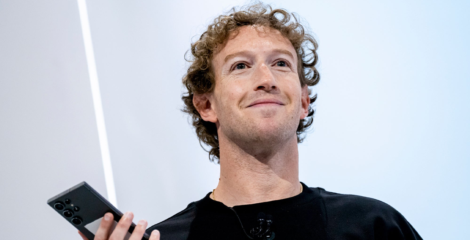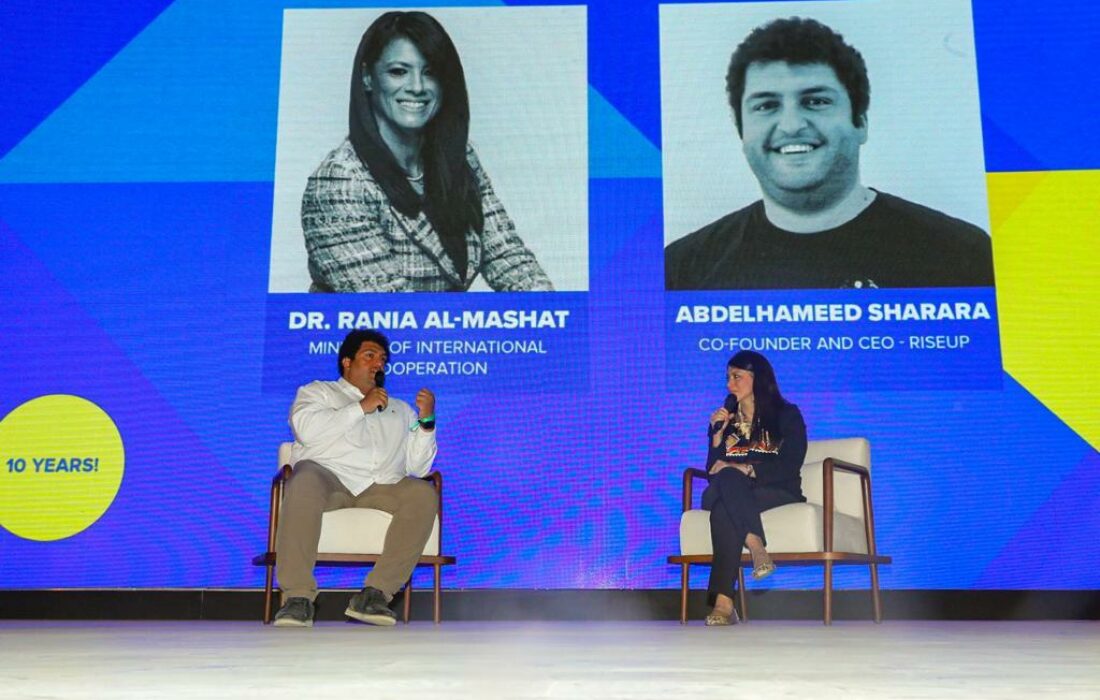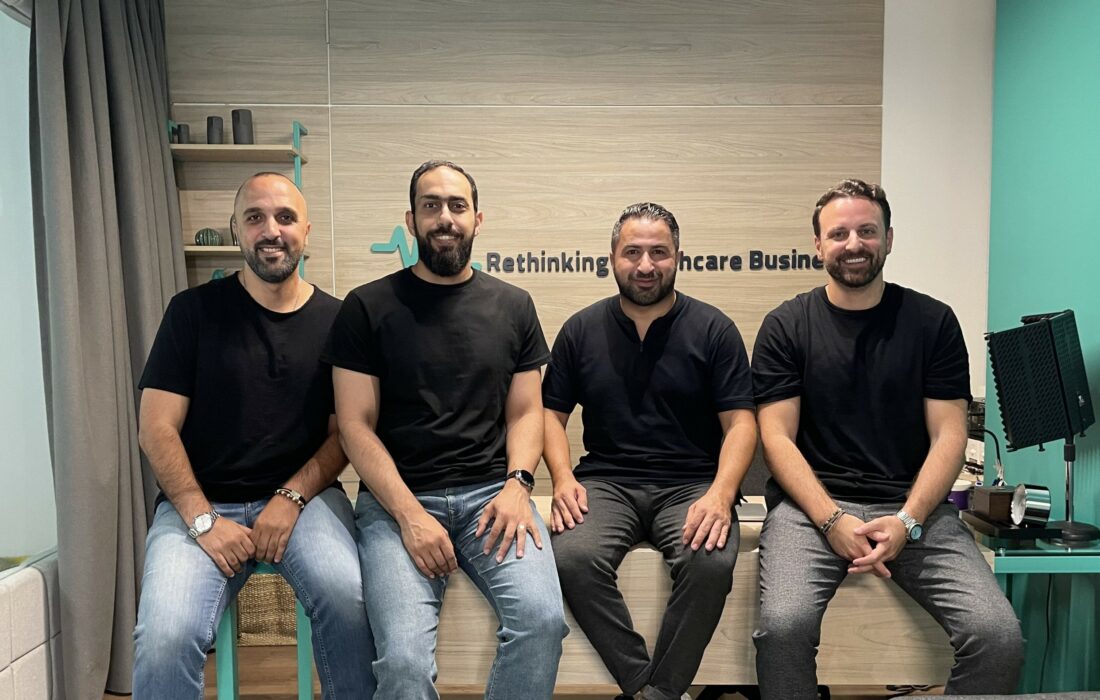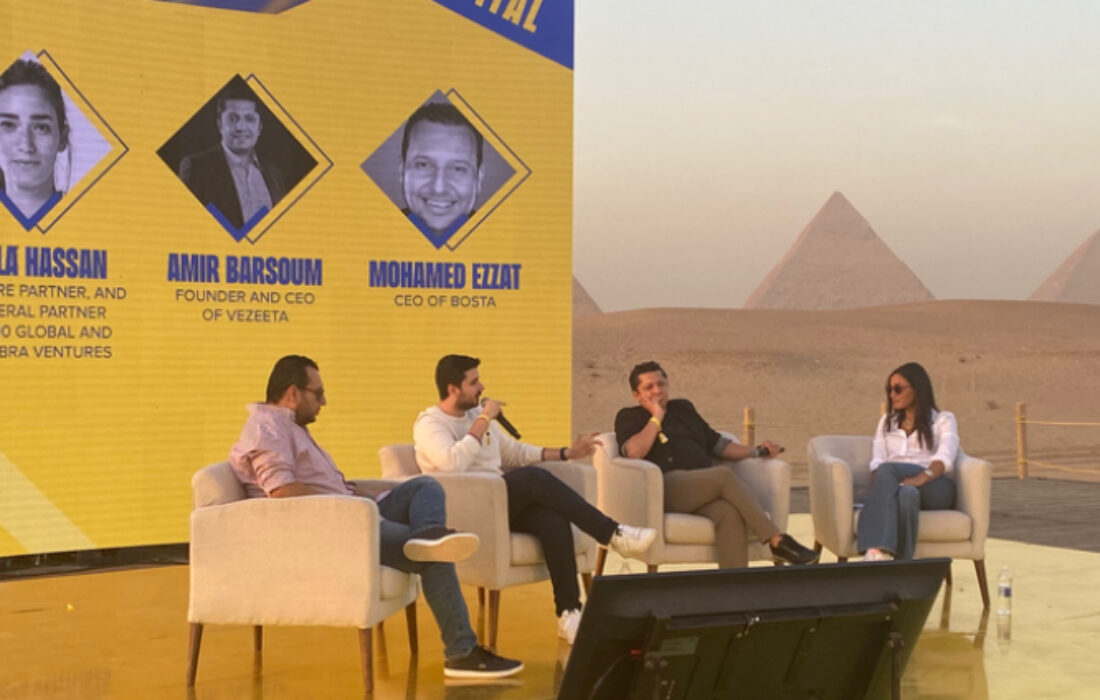It’s hard to believe that it’s only been four months since Open AI’s public release of their now infamous AI chatbot “ChatGPT”, sending the world into a frenzy of speculation on the capabilities and future of artificial intelligence, what tests ChatGPT can pass, and which jobs it’s about to kill.
Now the company’s latest iteration, “ChatGPT-4”, has once again left people in awe. The March 14th announcement of this more capable, more analytical, image-recognizing version of the existing natural language model managed to even dwarf news of Google’s own announcement of a suite of AI features that will be integrated into its widely used Workspace applications.
It seems that we’re in the heat of the AI race, and it’s only going to get hotter from here. So let’s get to know the contenders and see where they stand.
OpenAI & Microsoft
Founded in December 2015 by a group of tech juggernauts and researchers, including Elon Musk, Sam Altman, Ilya Sutskever, Greg Brockman, John Schulman, and Wojciech Zaremba, OpenAI has become the new household name in the artificial intelligence space. The company is dedicated to building AI systems that can outperform humans at most economically valuable work, while also encouraging the development of AI for the benefit of all.
Recognizing its potential early on, Microsoft announced a strategic multilayered partnership with OpenAI in 2019, aimed at jointly advancing AI research, infrastructure, and commercialization. The partnership came with a one billion dollar cash injection from Microsoft, among other mutual benefits.
Since then, Microsoft has continued extending its partnership with OpenAI, most recently announcing a January $10 billion investment in the company. The partnership has put Microsoft in a strong position in the AI race, already ahead of Google in introducing an AI chatbot to its search engine by integrating ChatGPT to Bing. Microsoft plans to continue to deploy OpenAI’s models across its various consumer and enterprise products. Today, users of Microsoft’s “Power Platform” can leverage the technology behind ChatGPT to develop all kinds of applications with little to no coding experience.
It seems that OpenAI is moving at a fast pace, having already released the ChatGPT API earlier this month, and ChatGPT-4 just two days ago. Microsoft is moving just as swiftly in taking advantage of these updates. Will Google be able to catch up?
Bard & Google’s AI Features
When Google first announced testing of its own conversational AI model, dubbed “Bard”, back in February, there was not much to report other than the fact that it was obviously a direct response to OpenAI’s then-already popular ChatGPT and Microsoft’s integration of it in its Bing search engine.
Bard does of course, have the potential to be huge. It is powered by the same language model, LaMDA, currently used by Google’s employees internally. However, conversational AI is still only being tested by “trusted users”, and the company has yet to announce its availability to the public.
Workspace apps, including Gmail, Docs, Sheets, and Slides. Features included AI-generated text in Docs, full emails generated in Gmail based on bullet points, and AI imagery, audio, and video for Slides presentations. While these features do look impressive, they are also being rolled out gradually in the next year to trusted testers before making their way to the public.
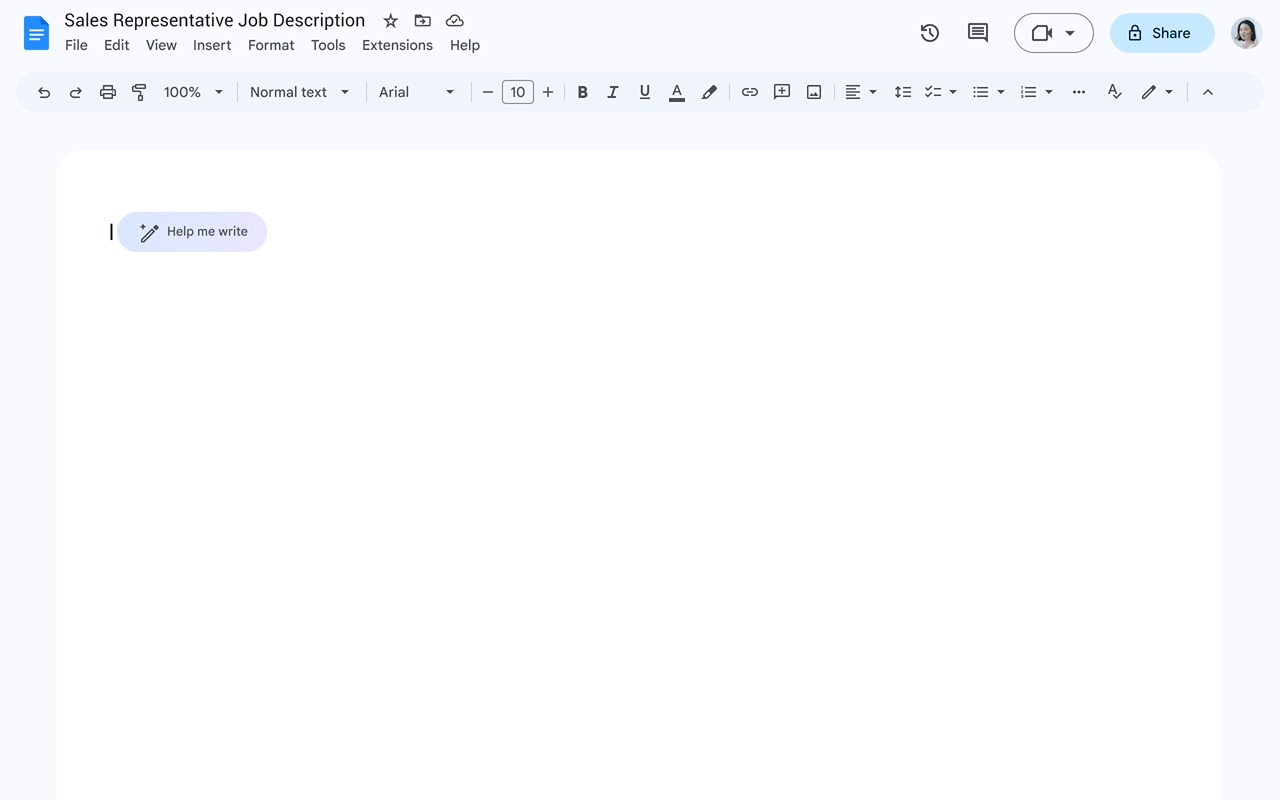
Where does Apple stand in the AI Race?
Once considered a leader in the AI race with the release of the then-revolutionary Siri 12 years ago, Apple seems to be lagging behind its big tech competitors.
Apple has long been using AI in features such as keyboard suggestions and separation of objects from the background across the system, but the company has yet to officially announce its generative AI plans to compete with the chatbots rapidly taking over the market. Even its golden voice AI assistant, Siri, has failed to improve much since its inception due to a design flaw in its code that makes it difficult for developers to scale its learning datasets.
Apple’s silence has left people wondering what (if anything) they have in store, with some anticipating an announcement of some sort at the company’s annual Worldwide Developer Conference in June.
If you see something out of place or would like to contribute to this story, check out our Ethics and Policy section.


